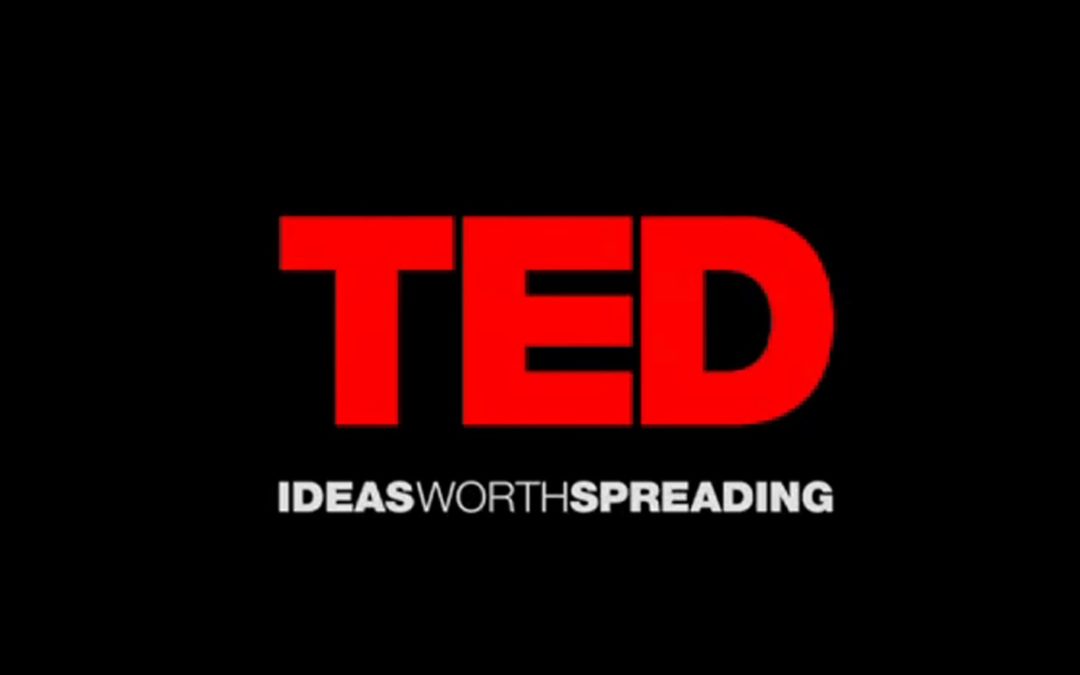For millennials lost after the mess of 9/11, the wars, economic upheaval, digital division, and social atomization, #TED was an appealing #mainstreaming alternate vision of a society where ideas had currency, and a wider group of people could identify with the intellectual vanguard. This vision was delusion, but it easily overtook the norms of drift and disconnection in our failed alternative culture.
To have been young and thoughtful in the late 2000s was to be a citizen of TED nation – a community of dreamers more than doers, united by a common creed: that ideas matter, that inspiration is power, that the future belongs to those who can capture imaginations. This naivety was an easy path to take for the children of the #deathcult. TED’s prominence shaped the aspirations of a generation, it shaped how we thought about ourselves. This #stupidindividualism pushed the blinding possibility: you, too, could have an idea worth spreading. You, too, could be special.

TED defined the poverty of the blinded intellectual spirit of this era, a profoundly millennial idea: that we are each of us main characters and have an individual calling and a mission to “change the world” in some vaguely indefinable generally pointless way. And while the reality fell well short of the rhetoric, the animating spirit was strong and likely sincere for most people.
The priests of the #deathcult pushed #TED as class war, it was not a youthful indiscretion of a generation, a rite of passage on the road to hard-earned intellectual growth. Rather, it was a smoke and mirror mess pushed by a “progressive” #fahernistas class. In the post TED world we are back to where we were 20 years ago, the messy reality of class war, unfriendly and unwelcoming.
#MillennialZeitgeist #IdeasWorthSpreading #TEDTalks #Dotcons #Intellectualpoverty #liberal #mainstreaming
PS. it’s interesting to remember that #TED tried to be #openweb native at the start, they only turned to #dotcons when that path was abandoned by our #fashionistas and lead to the mess we are in today, what a mess.